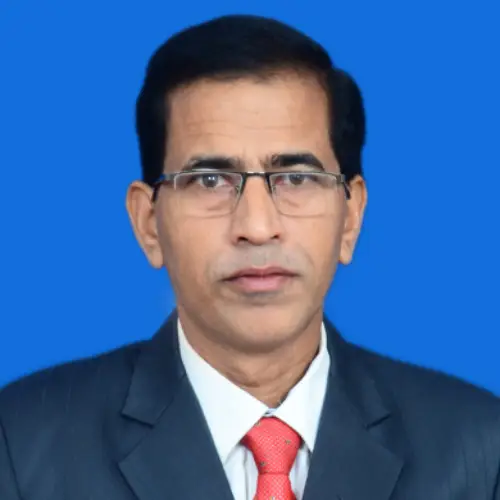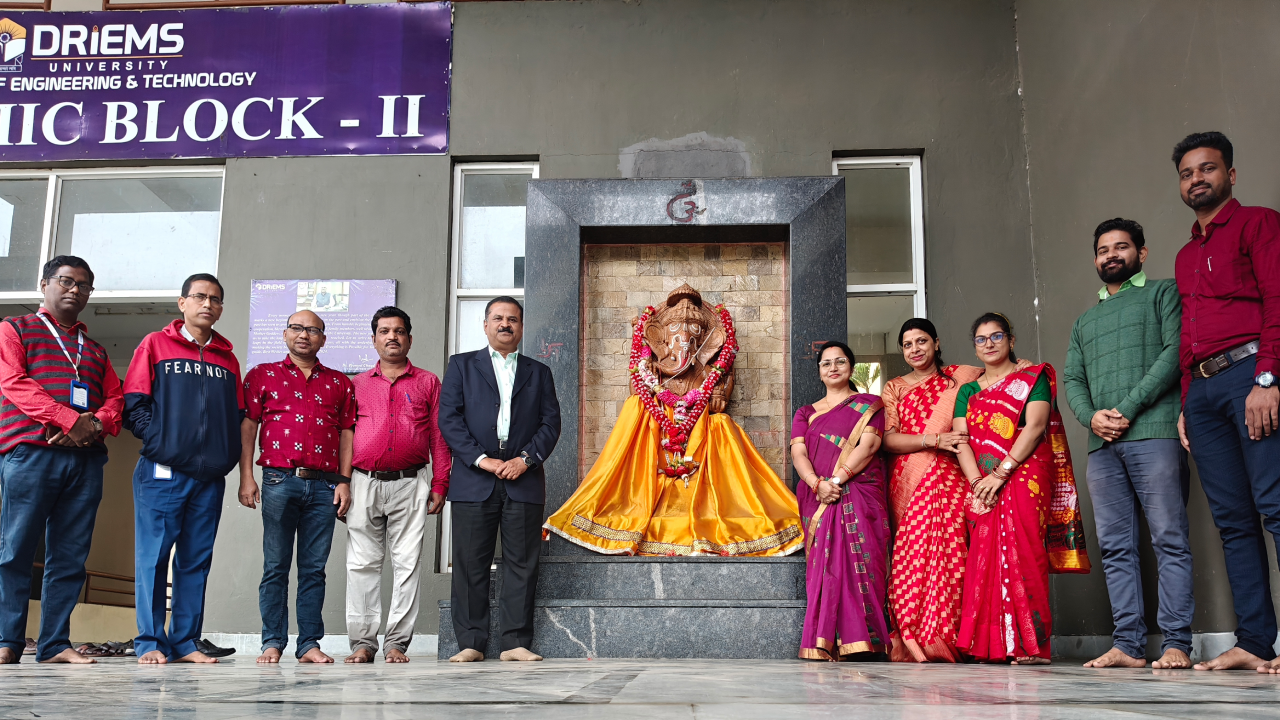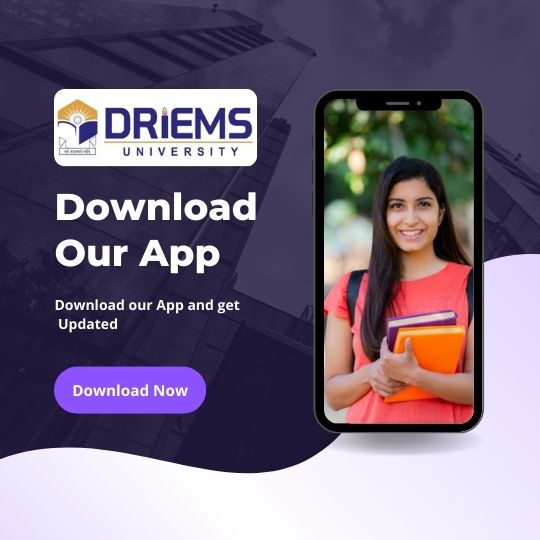
Admission Open For 2025-2026

Admission Open For 2025-2026

Admission Open For 2025-2026
Department of Electrical & Electronics Engineering

Dr. Pratap Chandra Pradhan
Associate Professor & HOD
HOD’s Message
Welcome to the Department of Electrical & Electronics Engineering at SOET, DRIEMS University, Odisha situated at Tangi, Cuttack! A profession in Electrical and Electronic Engineering is highly desirable at this time due to the tremendous demand for knowledge in automation, smart grid, power electronics and drives, and renewable energy systems.At DRIEMS you will acquire key employability skills in emerging areas and work with industry experts. We welcome institutions, R&D centres and industries to collaborate with us in creating a knowledge-based society that anticipates a bright future.I encourage our alumnito support our efforts by all means of interactions.I strongly advise you to visit DRIEMS in order to take advantage of the opportunities it provides. I hope your academic endeavours are filled with success.
Join us and be part of this transformative journey.
ABOUT
The department of Electrical & Electronics Engineering (EEE) has been established in 2013. The department has set up 9 labs – Electrical Machine Lab, Power Electronics Lab, Power system Lab, Simulation and modelling Lab, Control system Lab, EEM Lab, Network Device lab, DSP Lab, M&M Lab etc. to offer an excellent academia environment to pursue B.Tech course in EEE. This department offers outcome-based education. The experienced faculty members have been consistently imparting quality education and engaged in research activities. We encourage our students to carry out industry based projects to tackle problems of varying complexity, adapt to changes in the Electrical & Electronics Engineering field. The placement record of the department has always been impressive.
Vision
◆To become the centre of excellence in technical education and research in the field of Electrical and Electronics Engineering by providing excellent opportunities for learning, and producing competent engineers
Mission
◆ M1: To impart quality education to turn out competent and well-groomed engineers.
◆ M2: To motivate students and faculty members for innovative research activities.
◆ M3: To produce engineering professionals to meet the industry requirement
PROGRAM EDUCATIONAL OBJECTIVES (PEO’S)
-
PEO1
Graduates will excel in their professional careers by acquiring knowledge in mathematics, basic science, computing, and engineering principles. -
PEO2
Graduates will establish themselves as practicing professionals, innovators, and entrepreneurs, or pursue higher education in electrical and electronics engineering and related fields. -
PEO3
Graduates will have the necessary professional skills, such as high ethical standards, effective oral and written communication, and teamwork, to be productive engineers.
PROGRAM OUTCOMES
(PO’S)
-
PO1
Engineering Knowledge: Apply knowledge of mathematics, science, engineering fundamentals and an engineering specialization to the solution of complex engineering problems. -
PO2
Problem Analysis: Identify, formulate, research literature and analyze complex engineering problems reaching substantiated conclusions using first principles of mathematics, natural sciences and engineering sciences. -
PO3
Design/ Development of Solutions: Design solutions for complex engineering problems and design system components or processes that meet specified needs with appropriate consideration for public health and safety, cultural, societal and environmental considerations. -
PO4
Conduct investigations of complex problems using research-based knowledge and research methods including design of experiments, analysis and interpretation of data and synthesis of information to provide valid conclusions. -
PO5
Modern Tool Usage: Create, select and apply appropriate techniques, resources and modern engineering and IT tools including prediction and modeling to complex engineering activities with an understanding of the limitations. -
PO6
The Engineer and Society: Apply reasoning informed by contextual knowledge to assess societal, health, safety, legal and cultural issues and the consequent responsibilities relevant to professional engineering practice. -
PO7
Environment and Sustainability: Understand the impact of professional engineering solutions in societal and environmental contexts and demonstrate knowledge of and need for sustainable development. -
PO8
Ethics: Apply ethical principles and commit to professional ethics and responsibilities and norms of engineering practice. -
PO9
Individual and Team Work: Function effectively as an individual, and as a member or leader in diverse teams and in multi-disciplinary settings. -
PO10
Communication: Communicate effectively on complex engineering activities with the engineering community and with society at large, such as being able to comprehend and write effective reports and design documentation, make effective presentations and give and receive clear instructions. -
PO11
Project Management and Finance: Demonstrate knowledge and understanding of engineering and management principles and apply these to one‟s own work, as a member and leader in a team, to manage projects and in multidisciplinary environments. -
PO12
Life-long Learning: Recognize the need for and have the preparation and ability to Engage in independent and life- long learning in the broadest context of technological Change.
PROGRAMME SPECIFIC OUTCOMES
(PSOs)
-
PSO1
Apply the fundamentals of mathematics and engineering knowledge to solve complex engineering problems of analog and digital electronics circuits, communication, smart grids, control systems, and electrical machines. -
PSO2
Apply the appropriate techniques and modern engineering hardware and software tools in electrical and electronics engineering to solve practical problems.
















